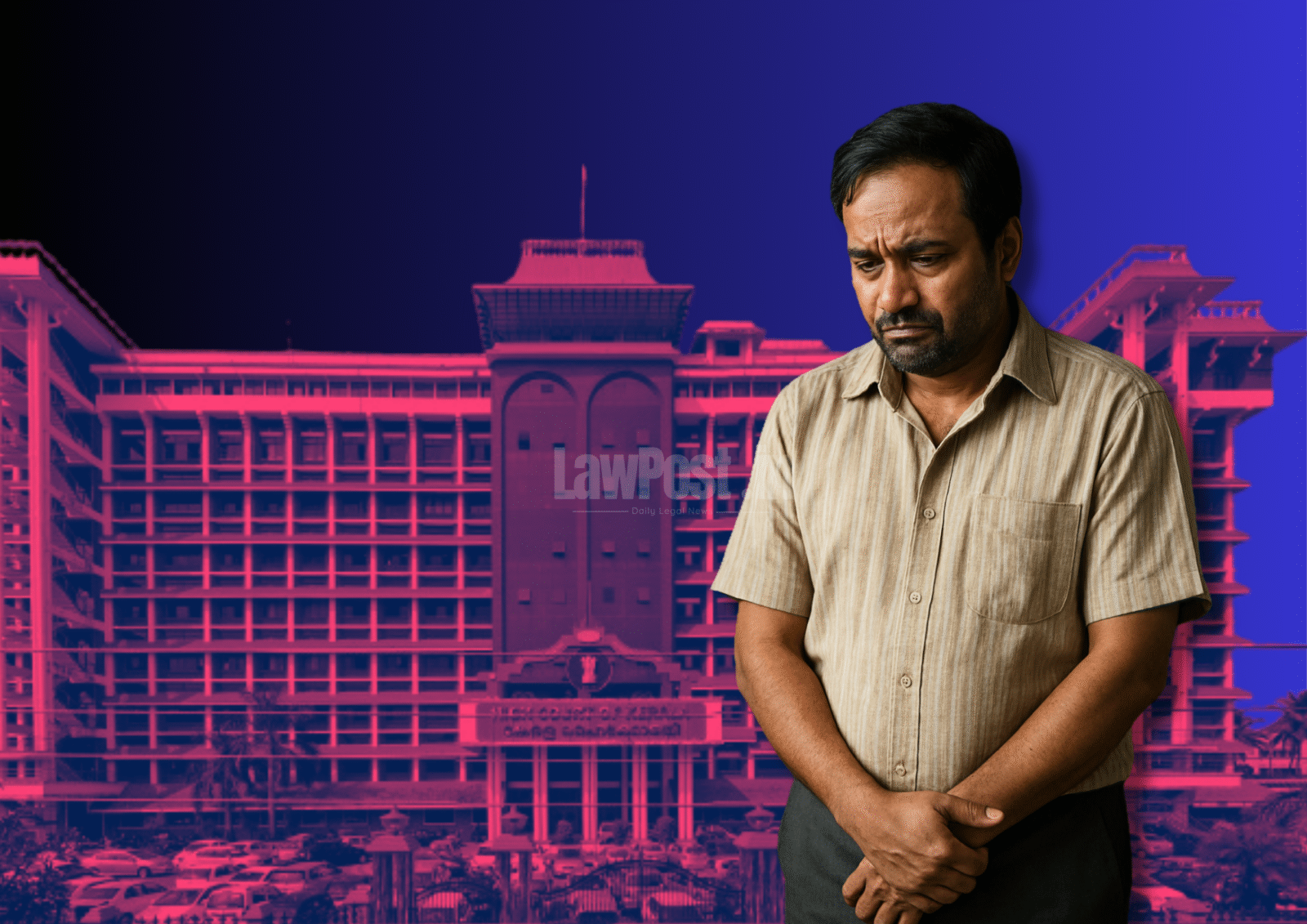Pathanamthitta, Kerala – A 47-year-old man from Ranni, Pathanamthitta, died by suicide after being unable to arrange funds for his son’s engineering college admission, despite a Kerala High Court order directing the release of his wife’s long-pending salary.
The deceased, V.T. Shijo, was found hanging in the Moongampara forest area on Sunday evening. His son had recently secured admission to an engineering college in Erode, Tamil Nadu, but the family could not afford the admission fee. According to relatives, the financial strain from this situation proved to be the final breaking point for Shijo, who had been battling years of economic hardship.
One of the most distressing aspects of the case is the 12-year salary dispute involving Shijo’s wife, Lekha Raveendran, a school teacher. In a previous judgment, the Kerala High Court had ordered the education department to release her salary dues with retrospective effect, observing:
“The delay in disbursal of lawful dues is not a mere administrative lapse but a violation of the right to livelihood. Authorities must act with urgency when a citizen’s sustenance is at stake.”
However, despite the court’s clear direction, bureaucratic delays persisted. Even interventions from the school management to the district education office failed to yield any action.
The tragedy has once again highlighted the human cost of administrative inaction. Shijo’s death has triggered widespread outrage, with many pointing to a pattern of similar incidents in the state linked to financial distress.
In 2024 alone, Kerala saw multiple such cases — including the suicide of a family of four in Vakkam, Thiruvananthapuram, due to debt, and the death of a farmer in Alappuzha over unpaid agricultural dues and lack of government support.
Local community leaders are now demanding immediate reforms to ensure that High Court orders are implemented without delay, especially in cases directly affecting a family’s livelihood.








